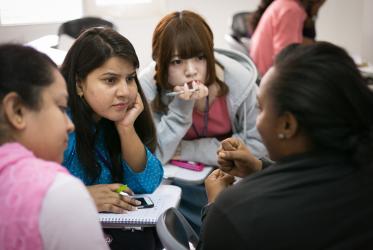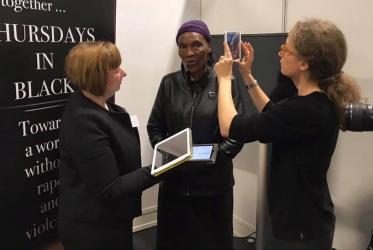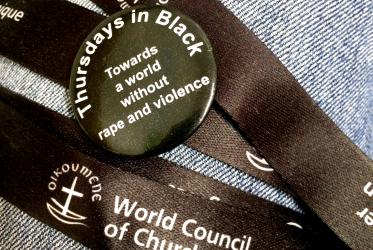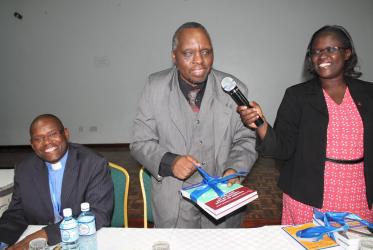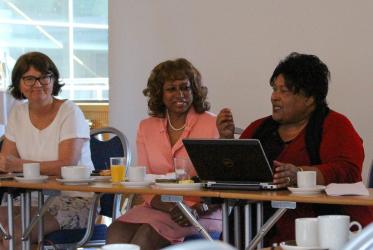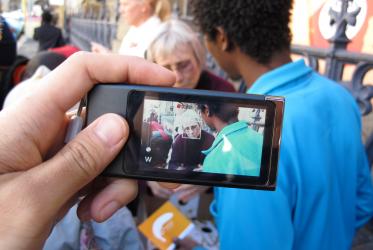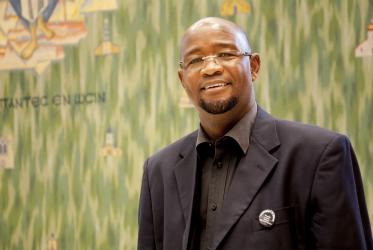Displaying 41 - 60 of 73
"We have our work cut out for us"
10 August 2017
WCC students study what makes a peace communicator
18 July 2017
“We are to pass on the mantle”
31 May 2017
Pan-African Women’s Ecumenical Network
10 - 14 July 2017
Château de Bossey, Bogis-Bossey, Switzerland
New theological materials offer fresh perspective on disabilities
08 December 2016
Bossey alums praise its 70 years of ecumenical formation
13 October 2016
In Ghana, women bring open minds, honest words
05 July 2016
2018 Ecumenical School on Governance, Economics and Management (GEM) for an Economy of Life
19 - 31 August 2018
Mexico City, Mexico
Churches need to do more to tackle HIV and AIDS
23 June 2015
Water network develops a theological framework for water justice
12 December 2014

